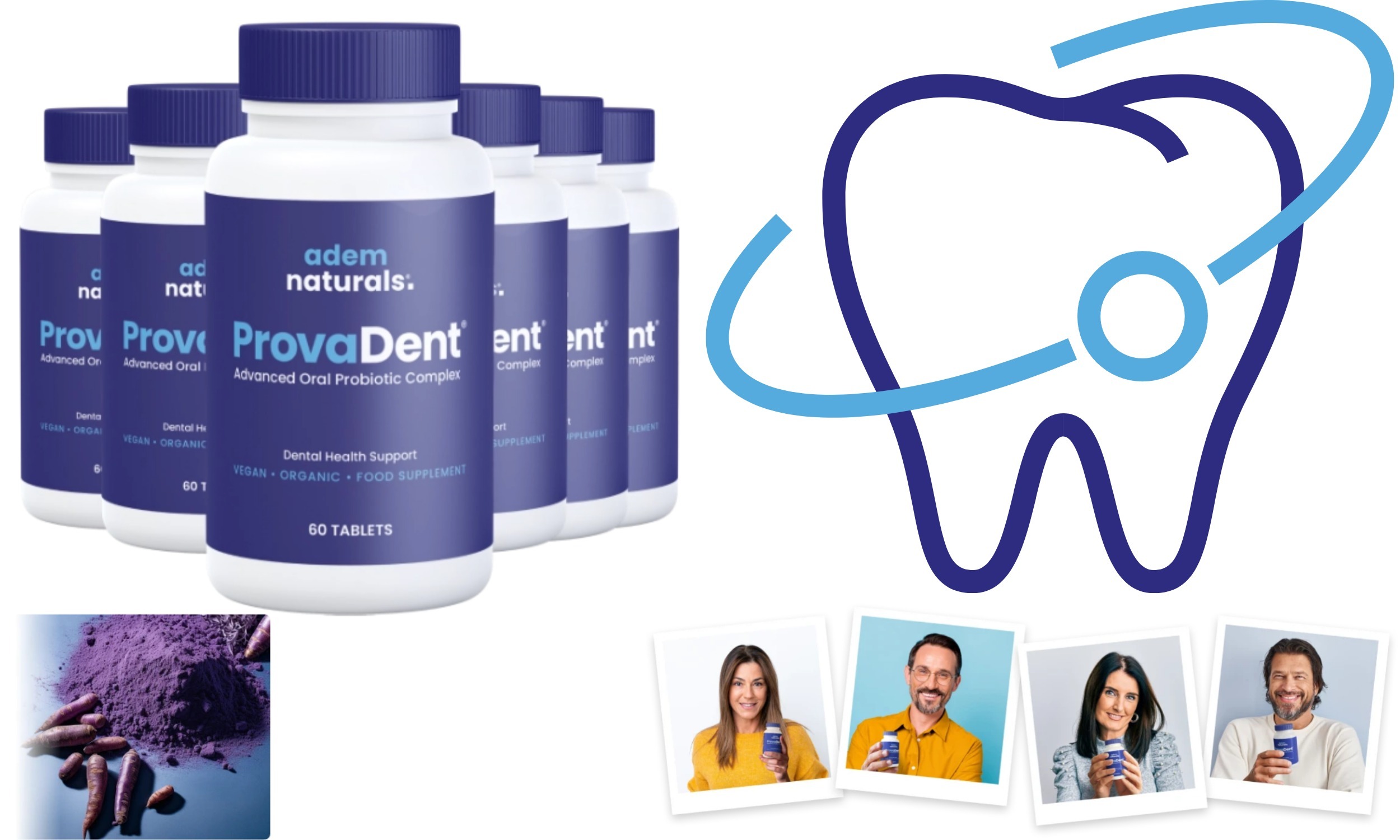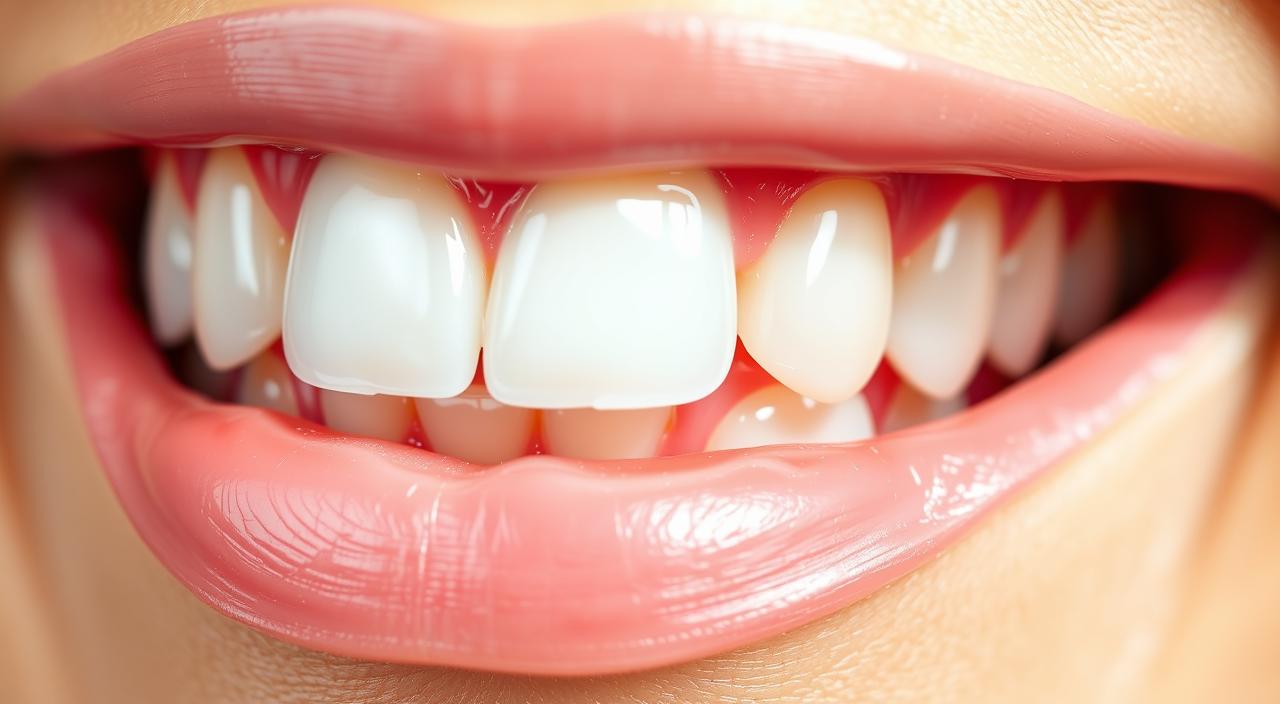Your Guide to Maintaining Optimal Dental Health. Nearly 3.5 billion people worldwide suffer from oral diseases. These diseases can greatly affect their health and life quality. Keeping your dental health in top shape is key to your overall well-being. It’s important to practice good oral hygiene to keep your teeth and gums healthy.
Your Guide to Maintaining Optimal Dental Health
Good oral hygiene, like brushing and flossing every day, helps prevent oral diseases. By understanding the value of oral health, you can take steps to keep your smile healthy. This, in turn, improves your overall well-being.
ProvaDent

Maintaining Optimal Dental Health
- Maintaining oral hygiene isn’t just about brushing and flossing anymore—modern dental care has evolved to include powerful solutions that support your mouth from the inside out. That’s where ProvaDent steps in. Designed to target the root causes of bad breath, gum issues, and tooth decay, ProvaDent goes beyond surface-level care with a clinically formulated blend of probiotics and essential nutrients.
- Unlike traditional dental products that only offer temporary relief, ProvaDent promotes a balanced oral microbiome, helping to reduce harmful bacteria while supporting beneficial microbes that protect your teeth and gums. This daily supplement not only freshens breath but also aids in preventing plaque buildup, gingivitis, and other common dental problems.
- With consistent use, users often report stronger gums, cleaner teeth, and fresher breath—all without harsh chemicals or artificial ingredients. It’s an easy addition to your daily routine that delivers long-term benefits for your smile and overall wellness.
- Whether you’re fighting chronic bad breath, sensitive gums, or simply want a healthier mouth, ProvaDent is your natural ally in oral care. Discover the future of dental hygiene—starting from the inside.
Key Takeaways
- Maintaining optimal oral health is crucial for overall well-being.
- Proper oral hygiene practices prevent oral diseases.
- Daily brushing and flossing are essential for healthy teeth and gums.
- Good oral health significantly impacts quality of life.
- Proactive steps can be taken to maintain a healthy smile.
The Foundations of Oral Wellness
Keeping your teeth and mouth healthy is key to feeling good overall. Good oral hygiene stops problems like cavities, gum disease, and bad breath. It’s the first step to a healthy smile. Your Guide to Maintaining Optimal Dental Health.
Why Dental Health Matters
Dental health is more than a pretty smile. It’s linked to your overall health. Dr. Rena D’Souza, Director of the NIDCR, says taking care of your teeth is vital for life. Your Guide to Maintaining Optimal Dental Health.
The Connection Between Oral and Overall Health
Your mouth is a doorway to your body. Its health affects your body’s health. Gum disease has been linked to heart disease, diabetes, and lung infections. So, keeping your mouth clean is crucial. Your Guide to Maintaining Optimal Dental Health.
| Oral Health Practice | Benefit |
|---|---|
| Regular Brushing | Removes plaque and bacteria, preventing cavities and gum disease |
| Flossing | Removes food particles and plaque from between teeth |
| Teeth Cleaning | Professionally removes tartar and plaque, helping prevent gum disease |
Essential Daily Dental Health Practices
To keep your teeth healthy, you need to follow some key daily habits. These include brushing your teeth right, flossing, and using mouthwash and other products. Your Guide to Maintaining Optimal Dental Health.
Proper Brushing Techniques
Brushing your teeth is key to good dental health. Use a fluoride toothpaste and a soft-bristled toothbrush. Angle the bristles toward the gumline to clean plaque and bacteria. Brush all your teeth surfaces for two minutes, twice a day.
The Importance of Flossing
Flossing is vital but often ignored. It cleans between teeth and under the gumline, where brushes can’t. Daily flossing stops interdental cavities and gum disease. To floss right, curve the floss around each tooth in a “C” shape and slide it up and down.
Mouthwash and Supplementary Products
Mouthwash adds value to your oral care routine. It kills bacteria, reduces plaque, and strengthens teeth. Choose a mouthwash with the ADA Seal of Acceptance for safety and effectiveness. Tools like interdental brushes and tongue scrapers also help keep your mouth clean. Your Guide to Maintaining Optimal Dental Health.
| Daily Practice | Benefits |
|---|---|
| Proper Brushing Techniques | Removes plaque, prevents gingivitis, and strengthens teeth |
| Flossing | Removes food particles and plaque from between teeth and under the gumline |
| Mouthwash | Kills bacteria, reduces plaque, and strengthens teeth |
Professional Dental Care and Preventive Dentistry
Professional dental care is key for gum health and overall mouth wellness. Regular visits and treatments keep your mouth healthy.

Regular Dental Check-ups
Going to the dentist regularly is crucial. It helps catch problems early and prevent them from getting worse. This keeps your mouth healthy for a long time. Your Guide to Maintaining Optimal Dental Health.
Professional Cleanings and Their Benefits
Professional cleanings get rid of plaque and tartar. These can cause gum disease and other mouth problems. Regular cleanings help keep your gums healthy. Your Guide to Maintaining Optimal Dental Health.
Modern Preventive Treatments
Today, we have treatments like fluoride varnishes and dental sealants. They protect against tooth decay and other mouth issues. These are great for people at high risk and are part of a good dental care plan. Your Guide to Maintaining Optimal Dental Health.
| Preventive Measure | Benefits | Frequency |
|---|---|---|
| Regular Dental Check-ups | Early detection and treatment of dental issues | Every 6 months |
| Professional Cleanings | Removal of plaque and tartar, prevention of gum disease | Every 6 months |
| Fluoride Varnishes | Protection against tooth decay | As recommended by dentist |
Nutrition and Its Impact on Dental Health
The food we eat greatly affects our dental health. Eating a balanced diet is good for our health and keeps our teeth and gums healthy. We will look at how different foods impact our dental health and how to avoid common problems.
Foods That Strengthen Your Teeth
Some foods are great for our teeth. Crunchy fruits and veggies like apples and carrots help make saliva. This saliva fights acids and strengthens teeth. Dairy products, like milk and cheese, also make teeth stronger because they have calcium.
Foods high in fiber help clean teeth naturally. They make saliva and remove plaque from teeth.
Foods and Drinks to Limit or Avoid
But, some foods and drinks are bad for our teeth. Sugary and acidic foods, like candy and soda, cause tooth decay and erosion. Cutting down on these can lower dental problem risks. It’s smart to avoid sticky foods too, as they’re hard to clean.
Hydration and Oral Health
Drinking enough water is key for oral health. Water cleans the mouth by removing food and diluting acids. It also helps make saliva, which fights acids and strengthens enamel. Your Guide to Maintaining Optimal Dental Health.
Drinking water all day keeps the mouth moist. This helps prevent dry mouth and dental problems.
Common Dental Issues and Their Prevention
Knowing about common dental problems is key to stopping them. Keeping your gum health in check and following good dental hygiene habits are vital. These steps help avoid cavities, gum disease, bad breath, and tooth sensitivity.
Cavities and Tooth Decay
Cavities and tooth decay come from plaque and bad oral care. Brushing with fluoride toothpaste and flossing regularly can prevent them. Also, cutting down on sugary foods and drinks helps avoid cavities. Your Guide to Maintaining Optimal Dental Health.
Gum Disease and Periodontitis
Gum disease, or periodontal disease, is due to plaque and bacteria on teeth. It causes gum inflammation and infection. Regular dental visits and cleanings, along with good oral care, can stop gum disease. Your Guide to Maintaining Optimal Dental Health.
Bad Breath (Halitosis)
Bad breath, or halitosis, can stem from poor oral hygiene, gum disease, or certain foods. Good oral care, including brushing and flossing, and dentist visits can prevent bad breath.
ProvaDent

Maintaining Optimal Dental Health
- ProvaDent is a comprehensive oral health supplement designed to promote stronger teeth, healthier gums, and fresher breath. Combining natural ingredients with advanced dental science, it supports overall mouth hygiene, helps reduce plaque buildup, and targets the root causes of bad breath. Ideal for daily use, ProvaDent is suitable for adults seeking a natural boost to their dental care routine.
- ProvaDent is your all-in-one solution for superior oral hygiene. Formulated with cutting-edge dental science and natural ingredients, ProvaDent supports healthy gums, strengthens enamel, and helps combat bad breath at its source. Whether you’re dealing with sensitive teeth or just want a cleaner, fresher mouth every day, ProvaDent delivers professional-grade results from the comfort of home.
Tooth Sensitivity
Tooth sensitivity can result from gum recession, tooth decay, or worn enamel. Using desensitizing toothpaste and maintaining good oral hygiene can ease tooth sensitivity.
| Dental Issue | Prevention Methods |
|---|---|
| Cavities and Tooth Decay | Regular brushing, flossing, limiting sugary foods and drinks |
| Gum Disease and Periodontitis | Regular dental check-ups, cleanings, good oral hygiene |
| Bad Breath (Halitosis) | Good oral hygiene, regular dental visits |
| Tooth Sensitivity | Desensitizing toothpaste, good oral hygiene |
Conclusion: Your Path to Lifelong Dental Wellness
Keeping your teeth healthy is a long-term effort. It needs commitment and dedication. By following the tips in this guide, like brushing right and flossing regularly, you can keep your mouth healthy for life.
Good dental health is key to your overall health. Ignoring your teeth can cause problems like cavities and gum disease. Regular dental visits and preventive care can help avoid these issues and keep your smile bright.
Choosing the right foods and taking care of your teeth can help you stay healthy. By following these easy steps, you can keep your teeth and gums in top shape. This way, you’ll enjoy good oral health and overall well-being for years to come.












